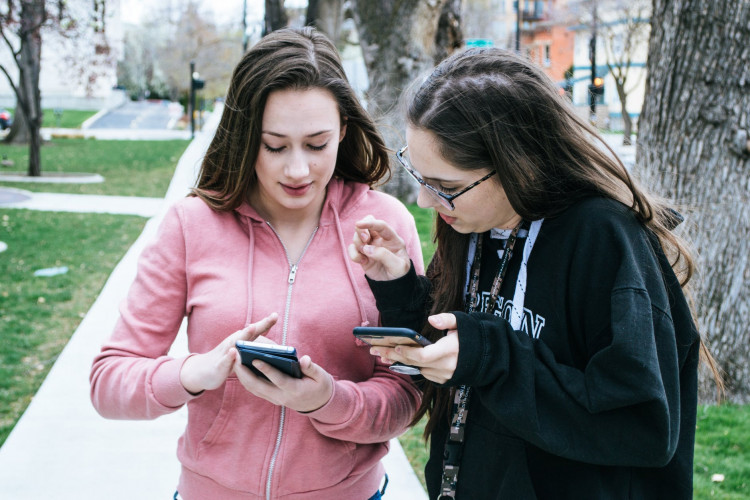With all the gadgets that are present all around us, from laptops, cell phones, tablets, television, computers, and even in most of our homes' lightings, blue light is now already all around us. Though this kind of light poses a positive effect on one's cognitive function and elevating moods, too much exposure to this can be risky to one's body especially to the eyes.
As explained by All About Vision, though the eyes have the ability to protect itself, it might not be very good at blocking the blue light, which can cause some eye problems such as macular degeneration or even loss of vision. Given this reason, an effort to create glasses that can protect the eyes from this harmful light is on the rise.
Aside from this, did you know that exposure to blue light is also linked to disruptive sleeping patterns? But are there really any scientific shreds of evidence that backs this up?
In a post shared by The Ladders, scientists from the University of Manchester discovered the answer whether or not blue lights have a connection with a person's disruptive sleeping habits. The experts were finally able to find the facts after letting several mice be exposed to specifically designed lighting, which can allow the researchers to change the light's color without manipulating or changing its brightness.
The experiment revealed how the blue light doesn't really interfere with one person's sleeping patterns unlike what has been expected before. Furthermore, the results also show how limited are the effects of the light on the animal's body specifically when it comes to its sleeping patterns as compared to other brighter colors such as yellow.
Since there is no connection between blue lights and the sleeping patterns of people, the experts emphasized how having such cooler or dimmer lights can create a positive impact in helping the body clock determines that it is already time to sleep. The stronger the light is, the more the body tends to become more awake. "Our findings suggest that using dim, cooler, lights in the evening and bright warmer lights in the day may be more beneficial", explained Dr. Tim Brown, one of the experts from the University of Manchester.
Given this reason, just dimming your room's light or decreasing your phone's brightness while using it at night can already be a great help to induce sleep. Furthermore, if you really want to train your body clock that much, better have a fixed working and sleeping schedule as it can help your body determine whether it is already time to sleep or not.






